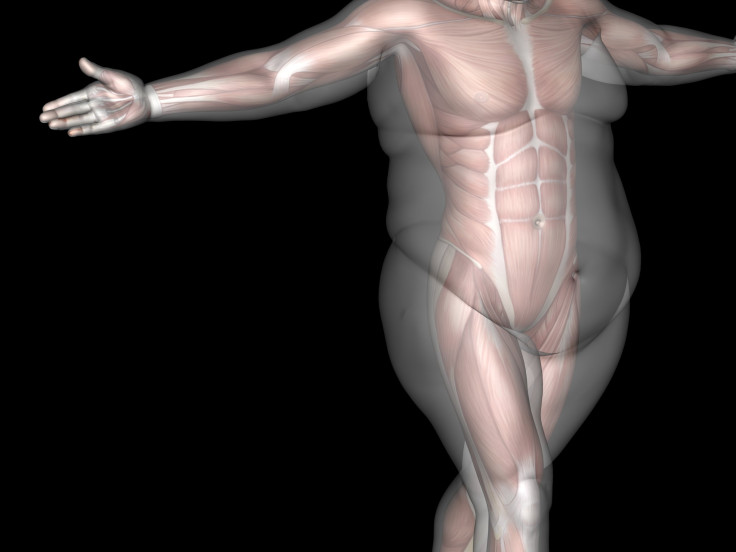Obese People Lose Weight Based On Their Biology: Why Personalized Medicine May Be The Future Of Obesity Treatment

Weight loss is difficult, especially for those who have reached obese levels. But for some, cutting calories may seem to be more difficult than it is for others, and now for the first time, researchers at Phoenix Epidemiology and Clinical Research Branch (PECRB), a branch of the National Institutes of Health can prove it’s true. The study, published in the journal Diabetes, may provide the first insight into what a future with obesity treatments would look like.
"When people who are obese decrease the amount of food they eat, metabolic responses vary greatly, with a 'thrifty' metabolism possibly contributing to less weight lost," the study’s coauthor Susanne Votruba, clinical investigator at PECRB, said in a press release. "While behavioral factors such as adherence to diet affect weight loss to an extent, our study suggests we should consider a larger picture that includes individual physiology — and that weight loss is one situation where being thrifty doesn't pay."
Researchers measured and manipulated the amount of calories 12 obese men and women ate for six weeks. After one day of fasting, they recorded participants’ first measurements and then reduced their calorie intake by 50 percent for the rest of the study’s duration. After calculating age, sex, race, and start weight, they found the same people who lost the fewest pounds had metabolisms that slowed down the most during their fast. Doctors and weight loss experts have long suspected an individual’s biology had an impact on weight loss but haven’t been able to prove it until now.
They labeled the participants who lost the least amount of weight as those with “thrifty” metabolisms, while those whole lost the most weight had “spendthrift” metabolisms. Researchers weren’t sure what was responsible — nature or nurture. Are people born with certain biological differences or do they develop over time thanks to environmental impacts? More research needs to be done before they can sort out these mysteries.
"The results corroborate the idea that some people who are obese may have to work harder to lose weight due to metabolic differences," said the study’s lead author Dr. Martin Reinhardt, a postdoctoral fellow at PECRB. "But biology is not destiny. Balanced diet and regular physical activity over a long period can be very effective for weight loss."
In America, 34.9 percent of adults are obese, and another 17 percent of children and adolescents follow closely behind, according to the Centers for Disease Control and Prevention. Obesity levels have tripled among children and adolescents compared to just one generation ago, and the likelihood of them growing up to be obese adults is high, say CDC experts. The growing obesity population puts an increased pressure on researchers to break down exactly why humans keep gaining weight and struggle to lose it.
"What we've learned from this study may one day enable a more personalized approach to help people who are obese achieve a healthy weight," said Dr. Griffin P. Rodgers, director at NIDDK. "This study represents the latest advance in NIDDK's ongoing efforts to increase understanding of obesity."
Personalized medicine, also known as precision medicine, may be the next step to piecing together the puzzle. If certain individuals’ biology dictates the way they lose weight, they require tailored treatment on all stages of patient care, including prevention, diagnosis, and follow-up. The idea of exactifying medicine for an individual based on their own unique biology is not new. One of the road pavers of early medicine, Greek physician Hippocrates, said: “It’s far more important to know what person the disease has than what disease the person has.”
Source: Reinhardt M, Votruba M, Rodgers GP. Diabetes. 2015.
Published by Medicaldaily.com



























